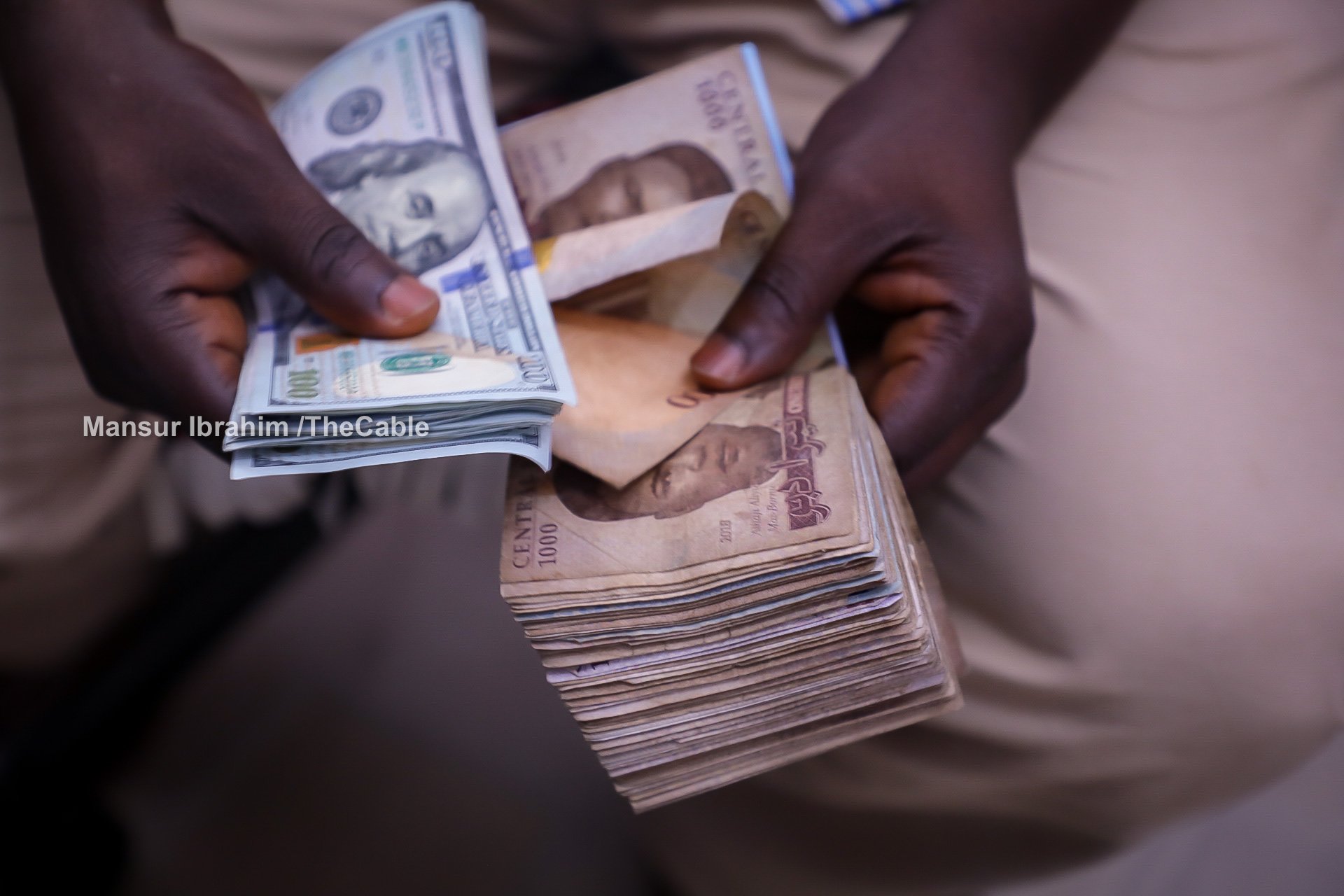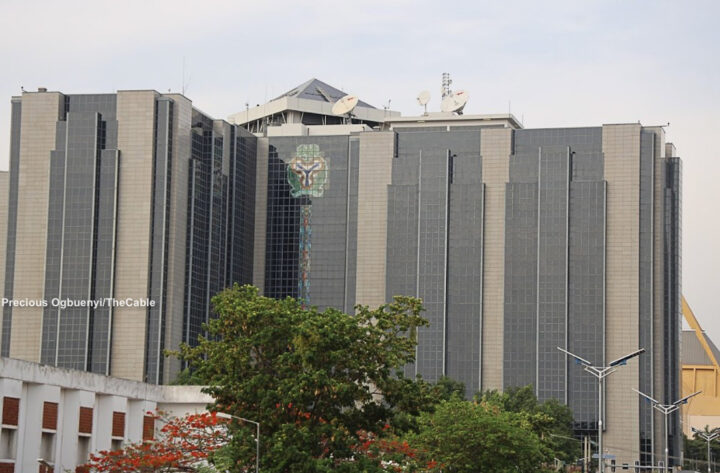The Central Bank of Nigeria (CBN) says international oil companies (IOCs) can sell their 50 percent balance of repatriated export proceeds in the Nigeria Foreign Exchange Market.
CBN made this known in a circular signed by W.J. Kanya, director, trade and exchange department, on Friday.
On February 14, CBN placed limits on the transfer of proceeds from crude exports by IOCs to offshore parent company accounts.
The apex bank said the transfer of export proceeds by the IOCs has an impact on liquidity in the domestic foreign exchange market.
Advertisement
According to the CBN, due to the ongoing reforms in the foreign exchange market, it is necessary to take measures to reverse the trend.
CBN said banks can only transfer 50 percent of repatriated export proceeds, on behalf of the IOCs, to their parent company offshore accounts — with the remaining 50 percent repatriated after 90 days.
Also, on May 6, the financial regulator said the directive on the repatriation of export proceeds has been reviewed.
Advertisement
CBN said IOCs can repatriate 50 percent of their export proceeds immediately or when required, while the remaining 50 percent can be used to settle financial obligations in Nigeria.
However, in a new development, CBN said following the release of the circular “dated May 06, 2024, referenced TED/FEM/PUB/FPC/001/008, in respect of Cash Pooling by banks on behalf of IOCs, we received several requests for clarification on item No 3(8) on forex sales at the Nigeria Foreign Exchange Market”.
Providing more clarifications, the apex bank said the “50% balance of the repatriated export proceeds may be sold to Authorized Dealers or eligible users of foreign exchange with eligible transactions”.
“If the IOC does not have any financial obligation to settle with the funds during or after the 90 days retention period, the 50% balance may also be sold wholly as stated in (1) above,” CBN said.
Advertisement
Some of the financial obligations mentioned by the CBN are the balance for cash calls, domestic loan principal and interest payments, transaction taxes (including Nigerian Content Development (NCD) Levy) and education tax.
Add a comment






